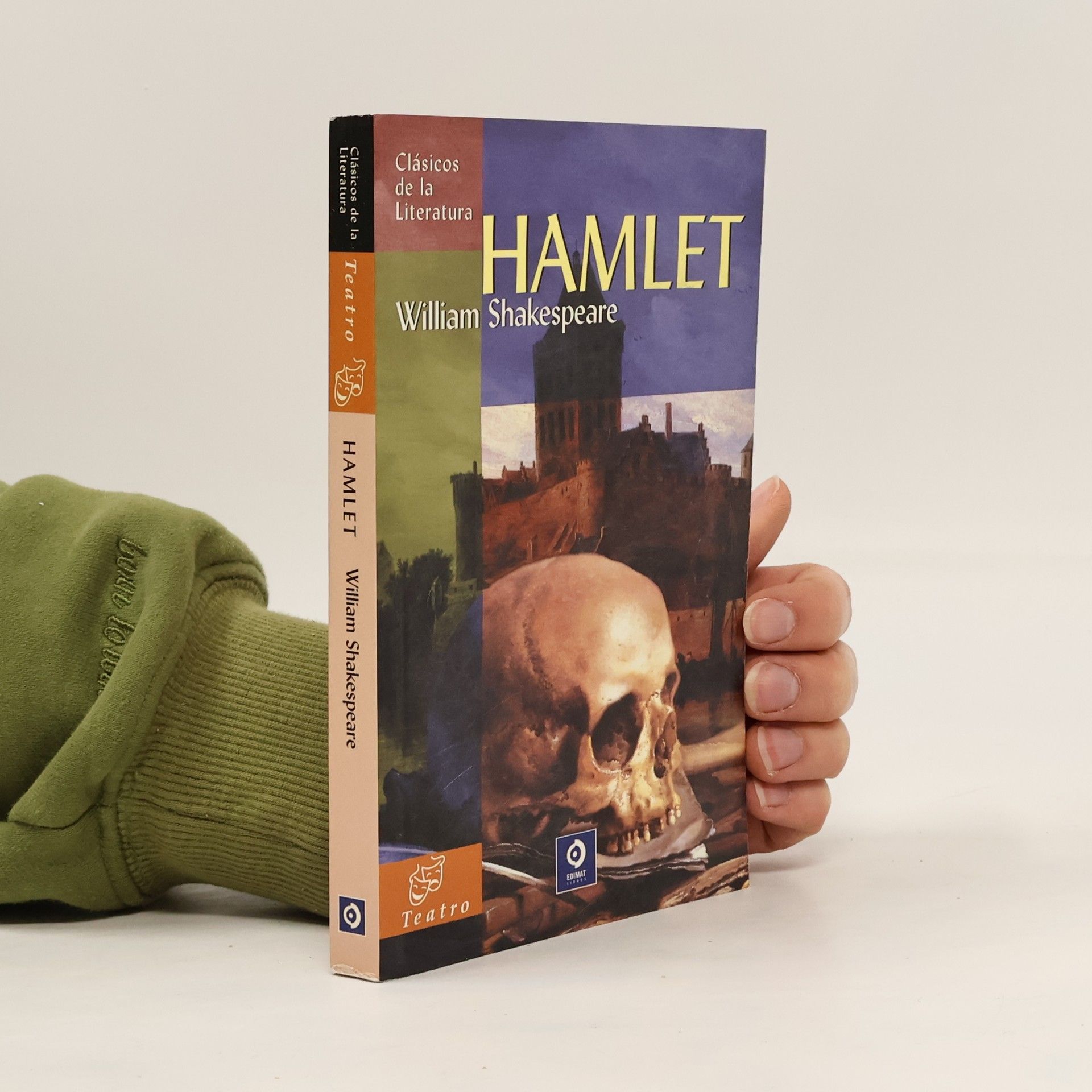For lovers of timeless classics, this series of beautifully packaged and affordably priced editions of world literature encompasses a variety of literary genres including theater, novels, poems, and essays. Los lectores tomar�n un gran placer en descubrir los cl�sicos con estas bellas y econ�micas ediciones de literatura famosa y universal. Esta selecci�n editorial cuenta con t�tulos que abarcan todos los g�neros literarios, desde el teatro, la narrativa, la poes�a y el ensayo.
Geoffrey Wall Libros
Geoffrey Wall es un distinguido biógrafo y traductor literario, con un enfoque particular en autores franceses como Flaubert y George Sand. Su obra se caracteriza por un profundo compromiso con sus vidas y escritos, explorando temas, estilo y legado literario. El interés de Wall en la historia oral enriquece aún más su contribución, conectando el pasado y el presente para iluminar los procesos creativos de figuras literarias significativas.
